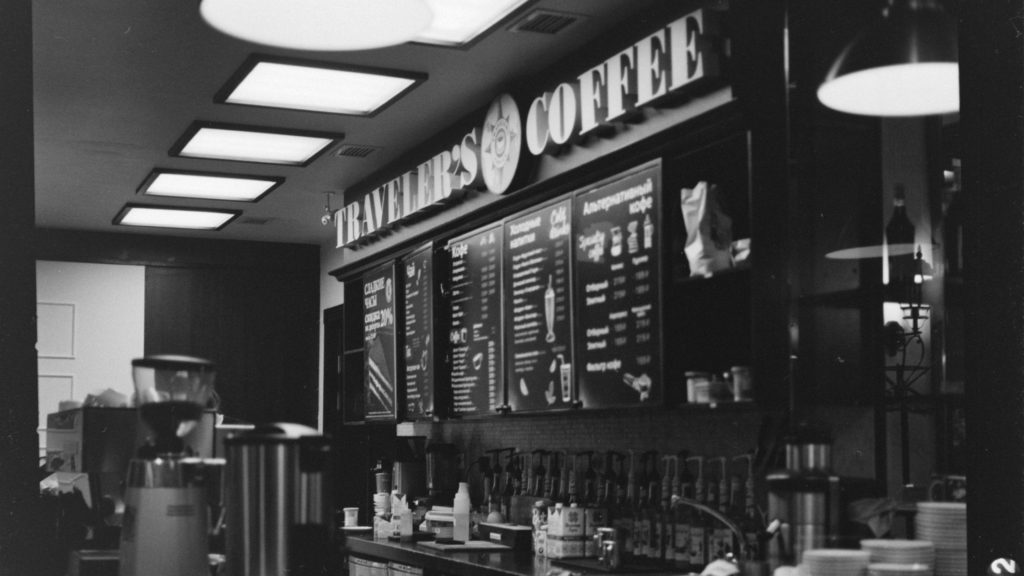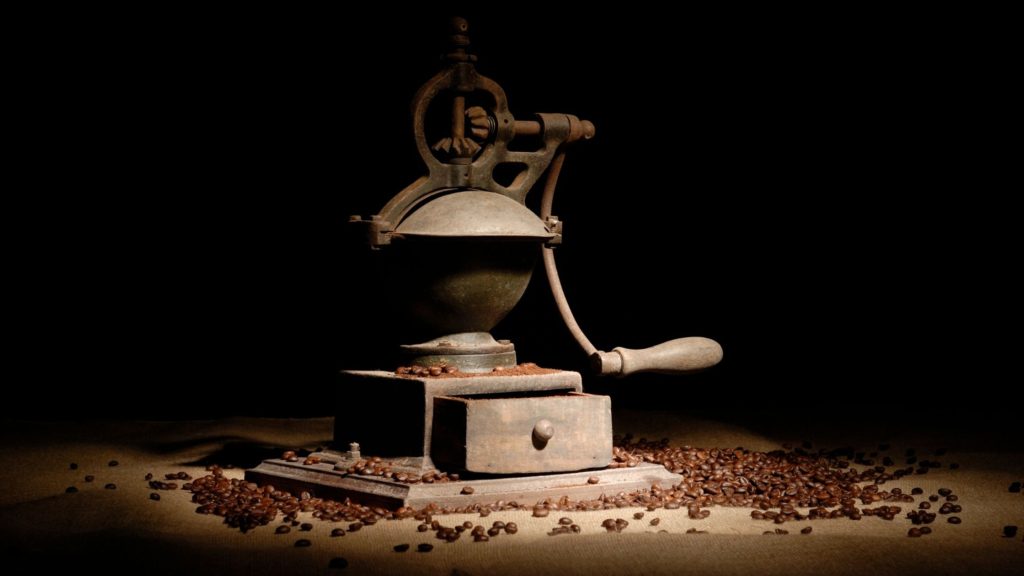Role of the Coffee House

Written by Ari Cohen
In the mid 17th century, Sir Isaac Newton and Edmund Haley dissected a dolphin, for the sole purpose of entertaining an audience. Both men had the reputation of being at the top of the scientific community, and this experiment took place in one of the first coffeehouses in the United Kingdom.
Although seemingly inconspicuous, coffeehouses have a rich history that dates back to the 15 century in Damascus. Today we know them as natural gathering places that offer a place to both relax, get work done, and meet other people. However, they have also served as breeding grounds for scientific discovery, political gatherings, and even revolutions.
In the 15th and 16th century, alcohol was illegal in the Ottoman Empire. As a result, the Ottoman empire was starved of gathering places which, as a result, helped fuel the rise of coffeehouses. One of the appeals of these places was that anyone could come; they were not a place that only the elite could afford.
In fact, in the 17th century, these coffeehouses became so popular that Sultan Murad IV became scared of its ability to organize and prohibited people from drinking coffee. He was so paranoid that he would personally pretend to be a commoner to find coffee drinkers, and arrest them.
By this time the role of coffeehouses had already spread to Europe and its significance became international.

Although they first appeared in Italy, the first coffeehouses with cultural significance popped up in London. In the 17th and 18th centuries, they acted as gathering places:
- The middle classes discussed politics
- Scholars would compare ideas, such as Haley and Newton
- Artists would use them to write and create
By the end of the 18th century, they not only were “penny universities,” as they came to be known, but places where business would occur. Edward Lloyd, an English entrepreneur, created a coffee house that was popular for shipowners and merchants to broker deals and discuss relevant maritime information such as:
- The Insurance market
- Shipbroking
- Foreign trade
Not only have coffeehouses served as places for scientific and economic purposes, but also of artistic significance. Beginning in Vienna and spreading throughout all Viennese coffeehouses in Europe, artistic projects were worked on in these coffeehouses. James Joyce was a frequent visitor of a Viennese coffeehouse and would spend time working on his books while sipping coffee.
Artists like Pablo Picasso and Ernest Hemingway used to frequent Parisian Cafes, and T.S Elliot and F. Scott Fitzgerald would enjoy a cup of coffee while writing their own masterpieces.
Although coffeehouses have helped spring innovation in many different forms, they would also often act as a place to discuss relevant issues of the day. In 1870, France was at war and coffeehouses were a popular place to congregate and discuss the war with peers.

In fact, coffeehouses played a large role in the American Revolution. Two of the most effective ways to get news in Colonial America was through pamphlets, such as the famous Common Sense, and through word of mouth. After inevitably getting enraged by the news of the day, people would gather in coffeehouses to discuss the politics of the day.
The tax on tea in Colonial America enraged the British Colonists. This helped lead to the more popular beverage – tea, being boycotted. The colonists then turned to coffee based drinks, and the supply and dependency of tea decreased even more after the Boston Tea Party.
However, one of the largest reasons coffeehouses acted as a boiling place for the revolution was that it was a place where the higher and lower classes could rub shoulders, allowing the classes to freely discuss politics free of the constraints of social decorum. A coffeehouse even served as a planning place for the Boston Tea Party, one of the catalysts for the Revolution.
In fact, this was not the only instance where coffeehouses served as breeding grounds for revolution:
- Sultans in the Ottoman Empire would pose as commoners to discover these places
- Right before the French Revolution, French Kings, feared their ability to create political discussion
- The Elector of Cologne, in the late 18th century, restricted coffee consumption to the aristocracy, giving them an excuse to arrest the lower classes.
Throughout history, coffeehouses have acted as a place for the rich and poor alike to join together and at the most basic level… talk. This allowed people to be critical of the politics of the day and share scientific discoveries. At the most basic level, the power of coffeehouses is not its ability to topple governments, but its ability to bring people together. Coffee shops are places where people can mix and mingle and walk in other people’s shoes, and, as a result, has the power to spread world-altering ideas.
